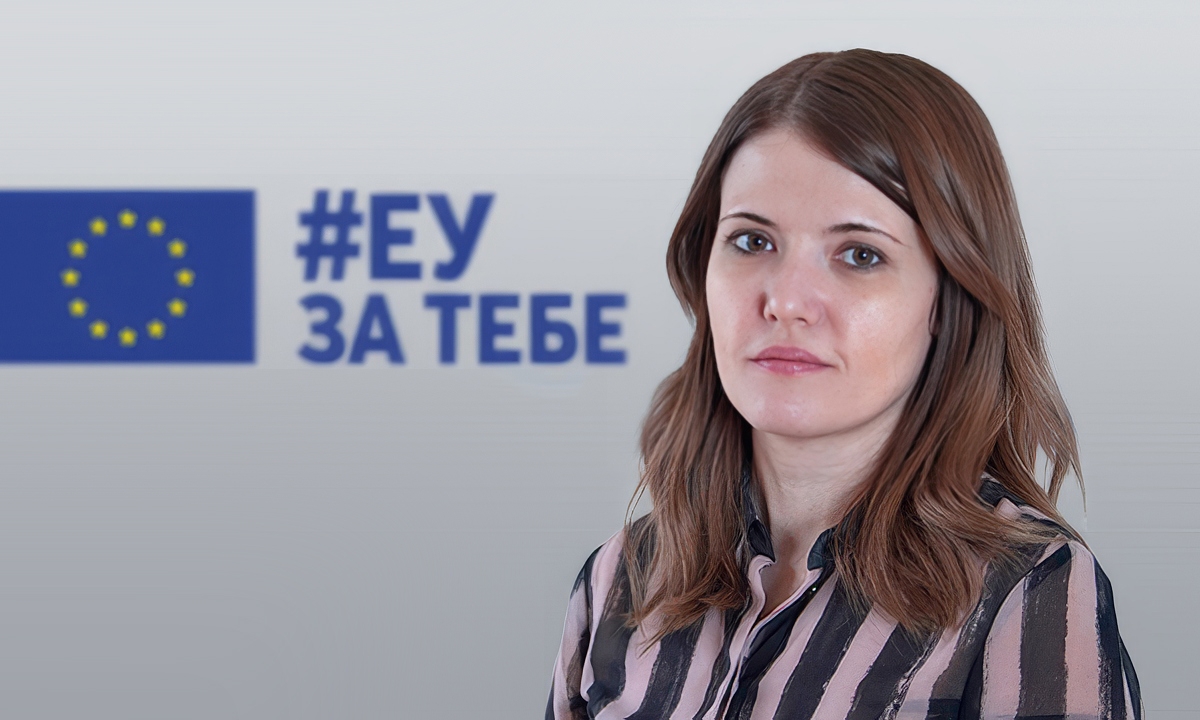Belgrade, 3 December 2024
Together for Inclusion: Challenges, Achievements, and Lessons Learned in Strengthening Social Services
As part of its holistic support to local development in Serbia, the European Union through the EU PRO Plus Programme has worked to strengthen social services across Šumadija and Western Serbia, and Southern and Eastern Serbia, addressing critical gaps in healthcare, education, and social protection. This effort has been particularly impactful in underserved rural areas, ensuring more inclusive support for the most vulnerable groups.
With total EU funding of 521,629 Euros, the programme supported 20 projects aimed at improving the quality and sustainability of local social services.
The social services strengthening activity within the Programme fostered collaboration between local self-governments, civil society organisations, and social protection institutions, supporting the establishment and enhancement of 28 essential services, benefiting over 7,700 vulnerable individuals directly (62% of whom were women) and impacting over 23,700 people indirectly.
The EU through the Programme contributed to restoring healthcare services in 11 villages, reaching 6,500 residents, and created 70 employment opportunities, 91% of which were filled by women. New licensed services were introduced in five municipalities, while innovative services, such as forensic interviewing for minors and neurofeedback therapy, addressed previously unmet needs. The focus on sustainability ensured that many services remain active, supported by diverse funding sources and strengthened partnerships.
Through its comprehensive approach, the Programme not only reduced social disparities but also laid a strong foundation for replicating successful practices and scaling up social service delivery to ensure inclusive and equitable support for the most vulnerable groups.
As we reflect on the programme's achievements, Biljana Kerić, Officer for Social Cohesion and Inclusion in the EU PRO Plus Programme, shares her insights on the challenges, accomplishments, and lessons learned in enhancing social services in Serbia.
What are the biggest challenges you face in working on social inclusion and cohesion, and how do you overcome them?
The biggest challenges are limited resources in terms of personnel and finances, as well as a lack of licensed service providers, especially in smaller municipalities. Additionally, we often face complex procedures that slow down project implementation. Key solutions we use in the EU PRO Plus Programme include technical support and additional training to help local self-governments and the civil sector navigate administrative challenges more easily.
What do you consider the most important achievement in the social services sector during this programme?
The most significant achievement is undoubtedly the establishment or enhancement of 28 social services—double than originally planned. This shows how much can be achieved when we join forces with local partners and work together to improve social and healthcare systems. Thanks to these services, vulnerable groups in many municipalities now have access to support that was previously unavailable.
In your opinion, how can social services in Serbia be further improved to better support vulnerable groups?
I believe there should be increased investment in digitalisation, innovation, and integration of services. Digital solutions can significantly ease access to services, particularly in remote rural areas. Additionally, it is essential to continue strengthening the capacities of local governments and all local stakeholders in terms of infrastructure and knowledge, enabling them to take greater initiative in developing and sustaining key services.
Do you think the cooperation between the public and civil sectors is sufficiently developed, and where do you see room for improvement?
We have made significant progress, but there is still room to strengthen this cooperation. The civil sector has demonstrated flexibility and innovation, while the public sector provides stability and sustainability. It is crucial to further reinforce these connections to ensure the long-term sustainability of services and to enable local communities to rely on diverse resources.
How does the Programme ensure that the specific needs of local communities are identified and addressed through social inclusion programmes?
We rely on research, analysis, and consultations with local stakeholders. Each community has its specific challenges and priorities, and our task is to listen and develop projects that directly respond to those needs. A good example is the development of a Social Policy Strategy in Zaječar, which was based on extensive research into the needs of vulnerable groups in the region.
What personally motivates you to work in the field of social inclusion, and what advice would you give to young professionals who want to pursue this field?
My greatest motivation is the knowledge that our work directly impacts the lives of those who need help the most. Seeing how specific measures improve the quality of life for individuals and bring positive changes to the community inspires me to continue. My advice to young professionals is to approach this work with enthusiasm, as even the smallest change can mean everything to someone you are helping.
What are the key lessons learned from this programme that could be useful for future social inclusion projects?
The first lesson is the importance of long-term planning. Introducing new services requires time, patience, and active involvement of all local stakeholders. The second lesson is the value of flexibility—civil society is particularly strong in this area and often provides solutions when the public sector encounters obstacles. Finally, it has become clear that innovative approaches resulting from public-civil partnerships are key to the sustainability and expansion of services.
